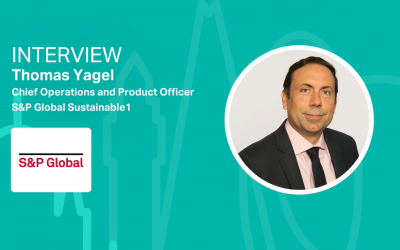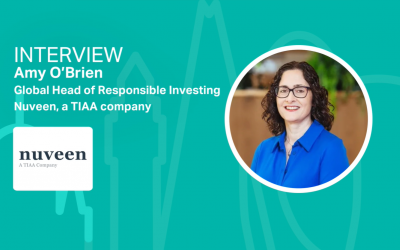New UK space projects for global sustainable development receive £3m cash boost
The UK Government backs new pioneering space projects that will apply UK expertise to tackling development problems across the globe.

The UK Government backs new pioneering space projects that will apply UK expertise to tackling development problems across the globe.
On World Humanitarian Day, the UK Space Agency announced £3.4 million of new funding for 10 leading-edge projects that back UK academics using space to tackle global development problems – from the spread of malaria to human trafficking and forced labour.
Funding forms part of the Global Challenges Research Fund (GCRF) which supports cutting-edge research to meet challenges faced by developing countries.
These projects will develop solutions to global challenges that will open up new opportunities for UK space expertise to help countries overseas to deal with myriad problems.
Among the others being backed are space-based solutions that will help protect wildlife habitats in Kenya and another that will improve resilience to flooding in Bangladesh, which is suffering the most prolonged monsoon rains in decades.
The £3.4 million funding comes from the UK Space Agency’s International Partnership Programme (IPP), which is designed to use UK space expertise in satellite technology and data services to deliver ground-breaking solutions to real-world problems across the globe.
Projects aim to help developing countries while building effective partnerships that can lead to growth opportunities for the UK space sector.
Science Minister Amanda Solloway said: “From flooding to climate change, around the world people continue to be affected by crises that are having a profound impact on their countries’ economies and their lives.”
“These 10 new projects have the potential to provide solutions to the world’s biggest development problems by using the latest and most high-tech space technologies such as satellites, and help improve millions of people’s lives in developing countries.”






